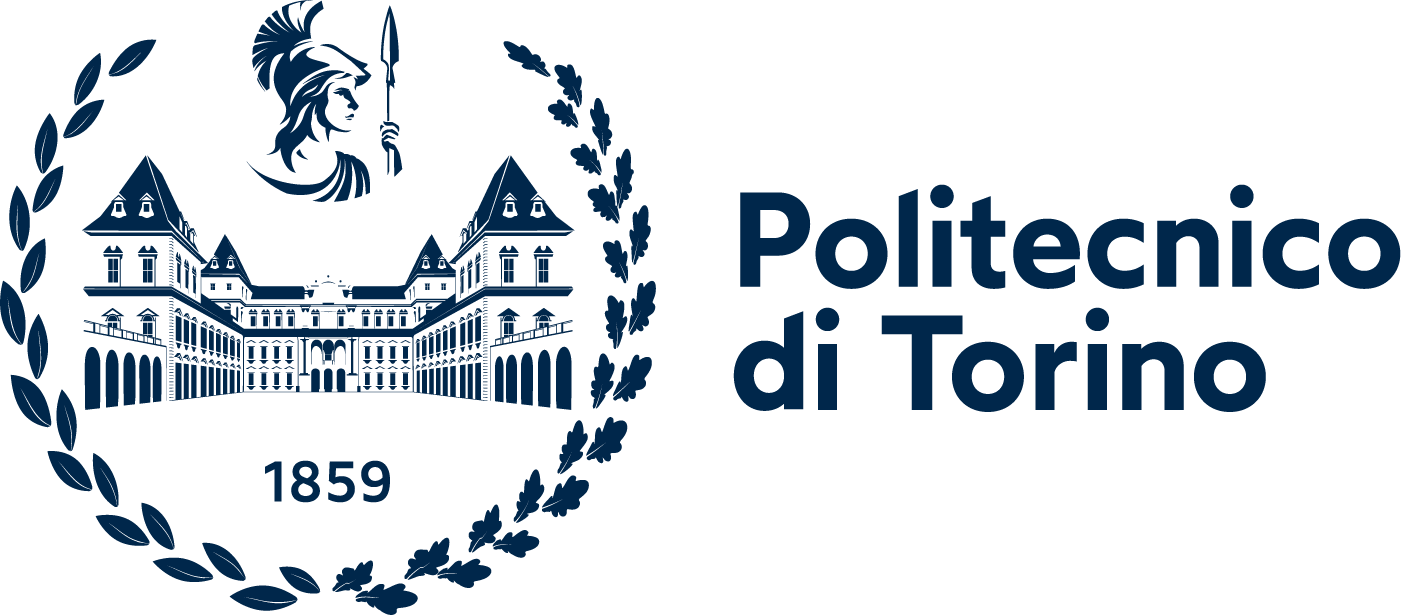IMPORTANT INFORMATION FOR COMPSAC 2022 AUTHORS
COMPSAC 2022 will be completely virtual as it was in 2020 and 2021, and all presentations will be done virtually. We will announce this update also in the submission acceptance letters to authors. Authors of accepted papers will be required to provide a video of their presentation together with the submission of the final version of their papers. COMPSAC will provide detailed guidance regarding preparation and submission of these videos.
IEEE International Workshop on Modeling for Sustainable Buildings and Smart Cities (MSBC 2022)
Goal of the workshop:
Consumption patterns of urban communities have been identified as one of the most serious environmental threats. Therefore, experimentation and research to draw conclusions and support better sustainable designs for buildings and smart cities are becoming a very pressing need. However, with the substantial interference of human factors (e.g. physical and social factors), the volume of data collected, and the high density and activity of urban life, applying real-life experiments that mimic reality is a complex, costly, risky, and nearly impossible process. In such cases, modeling becomes an essential replacement or at the least complementary solution for conducting experiments to draw results and support decision making for designing and developing sustainable buildings and smart cities. With this in mind, it is paramount to discuss possibilities of improving software practices for modeling buildings and smart cities for the goal of developing sustainable socioeconomic communities. We, therefore, come forward with this proposal to discuss the possibilities of refining domain specific modeling aspects, tools, and standards for the goal of developing sustainable socioeconomic urban communities.
Workshop theme:
The topic of the workshop is directly relevant to COMPSAC. The workshop is an interdisciplinary arena where model-based engineering intersects with the paradigm of designing sustainable smart buildings and cities. The topics of interest include (but are not limited to):
- Standards and best practices for software modeling in the area of modeling buildings and urban development.
- Tools for modeling buildings and urban development.
- Human factors in modeling, and the effect of that on improving design for sustainability.
- The role of modeling in supporting design decisions for developing sustainable socioeconomic systems.
- Domain-specific modeling tools for building designs and urban development.
- Data analytics for building design and urban development
Scope of the workshop:
- To initiate a working group engaged in developing standards and best practices for software modeling in the area of designing buildings and smart cities.
- To discuss new ideas, methodologies, and tools for modeling buildings and smart cities.
- To discuss research related to incorporating human factors in modeling, and the effect of that on improving design for sustainability.
- Stimulating and presenting new ideas in the field of building designs and urban community development.
- Identifying challenges and gaps in the field.
- The use of modeling for designing smart cities to improve the quality of life while reducing energy consumption.
Likely participants: Software engineers, Simulation experts, Practitioners in software for Building Information Management, Architecture and construction, researchers and practitioners contributing or interested to contribute to modeling buildings and smart cities for the goal of improving sustainability.
Please visit Information for Authors for formatting instructions, page limits, and IEEE paper templates.
Important dates for submission and notification are listed here.
Workshop Organizers
Gabriel Wainer, Department of Systems and Computer Engineering, Carleton University, Ottawa, Canada
Email: gwainer@sce.carleton.ca
Hoda Khalil, Department of Systems and Computer Engineering, Carleton University, Ottawa, Canada
Email: hodakhalil@cmail.carleton.ca
Rhys Goldstein, Autodesk Research, Toronto, ON, Canada
Email: rhys.goldstein@autodesk.com
Michela Turrin, Faculty of Architecture and the Built Environment, TU Delft, Delft, The Netherlands
Email: M.Turrin@tudelft.nl
Program Committee
(to be confirmed)
Ala’a Al-Habashna Statistics Canada
Amin Hammad Concordia University, Canada
Angelos Chronis Austrian Institute of Technology
Cristina Ruiz-Martin Carleton University
Emanuele Naboni The Royal Danish Academy of Fine Arts, Denmark
James Nutaro Oak Ridge National Laboratory, USA
Joachim Denil University of Antwerp
Josep Casanovas UPC, Spain
Luigi Vanfretti Rensselaer Polytechnic Institute, USA
María Julia Blas UTN Santa Fe, Argentina
Pirouz Nourian Delft University of Technology, The Netherlands
Ralph Evins University of Victoria, UK
Rodrigo Castro University of Buenos Aires, Argentina
Sanja Lazarova-Molnar SDU, Denmark
Vinu Subashini Rajus Carleton University


